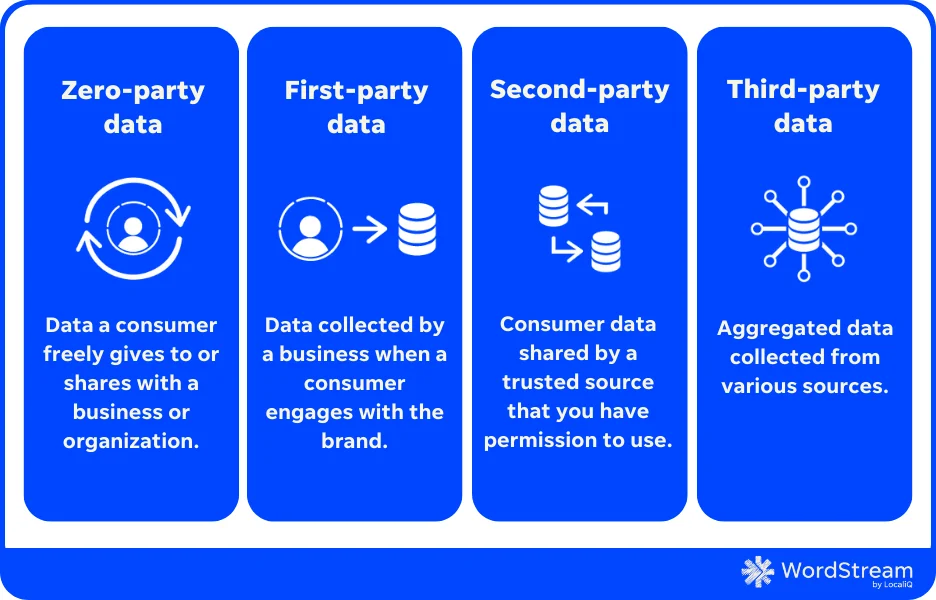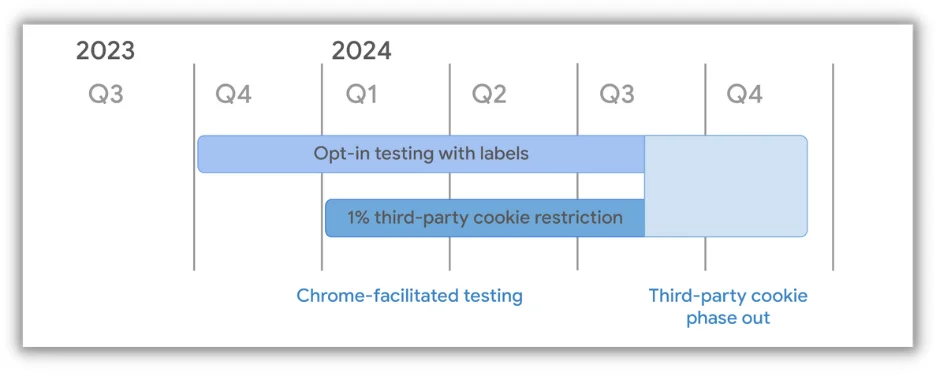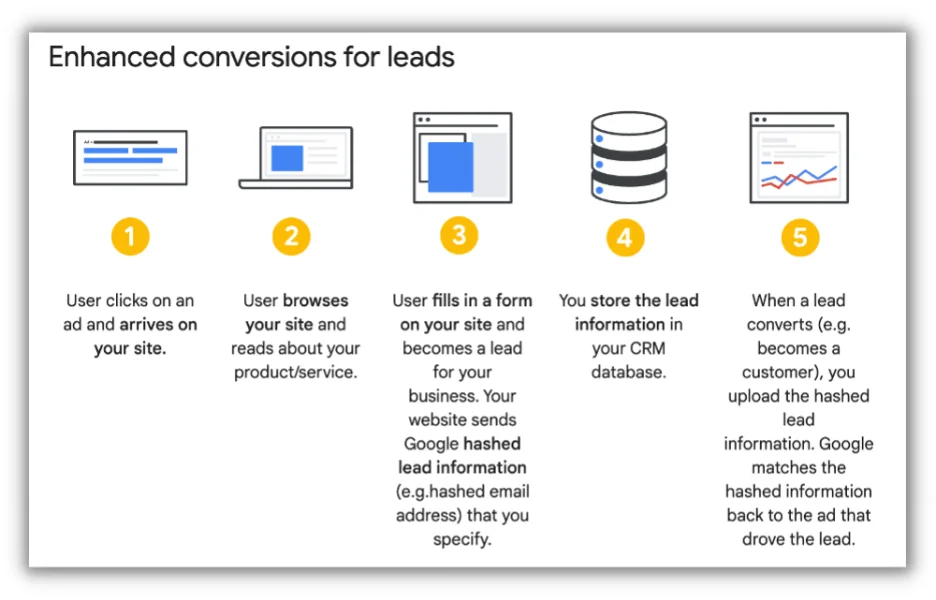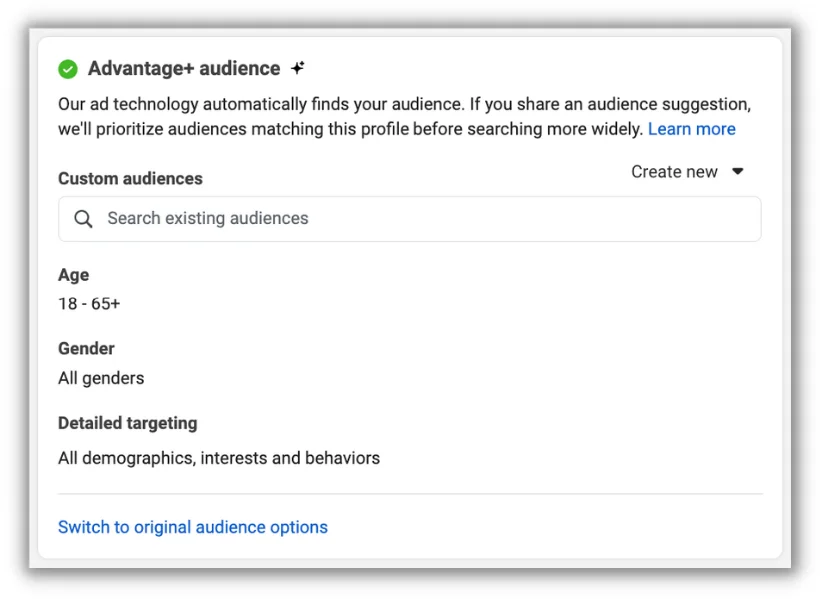Google’s been yanking our chain about deprecating cookies for the final 4 years. They even began their phaseout in January of this 12 months solely to reverse their long-held stance and say JK—cookies aren’t going wherever.
Google recently announced that it will likely be proposing an “up to date method” to the person expertise on Google Chrome as a substitute of deprecating third-party cookies. What precisely is altering and what does that every one imply? At this time, we’re masking simply that!
Contents
What’s taking place?
On July 22, Google announced a brand new path for its Privacy Sandbox initiative on the net. This Privateness Sandbox undertaking is the rationale Google was initially going to section out third-party cookies (in favor of first occasion knowledge) within the second half of 2024.
Transferring ahead, nonetheless, Google might be protecting third-party cookies. As a substitute, the platform will supply “decide in/decide out” choices to Google Chrome customers in order that they’re in a position to make selections and changes to their internet looking monitoring preferences.
Right here’s the primary assertion from Google:
“As a substitute of deprecating third-party cookies, we’d introduce a brand new expertise in Chrome that lets folks make an knowledgeable selection that applies throughout their internet looking, and so they’d be capable to regulate that selection at any time. We’re discussing this new path with regulators and can have interaction with the trade as we roll this out.”
Let’s escape a few of the key phrases from this announcement:
- Third-party knowledge: Aggregated buyer info collected from third-party sources (cookies) throughout the online that your corporation can use however doesn’t personal.
- First-party data: Inside info your corporation collects, owns, and holds.
- Privateness Sandbox: Google initiative that develops and releases privacy-focused APIs, advertiser and writer instruments, cookie updates, and extra.

💡 Whether or not you employ first or third-party knowledge for PPC, you’ll be able to unlock alternatives to optimize your account with our free Google Ads Grader.
Why was Google phasing out cookies?
Google was phasing out third-party cookies to maneuver in the direction of a extra privacy-first internet panorama that addressed issues from customers concerning how they’re being tracked on-line.
“We proceed to spend money on options that shield your knowledge and supply extra management over the way it’s used. This contains taking steps to restrict the power to trace your exercise throughout totally different web sites,” Google said concerning the preliminary determination to section out third-party cookies.
The platform had deliberate to completely retire all third-party cookies by the tip of this 12 months, and this course of had already began in January 2024—which, to this point, solely impacted about 1% of Chrome customers.


What’s Google doing as a substitute of phasing out third-party cookies?
Google hasn’t but launched many particulars in regards to the plan that can change the third-party cookie phaseout. Nevertheless, we do know that, whereas companies nonetheless have the power to trace buyer knowledge by way of third-party cookies, Chrome customers are going to have the choice to “decide out” of this monitoring.
The Privateness Sandbox initiative will stay a precedence for Google, and the plan is to proceed to develop extra privacy-first methods to precisely monitor and goal audiences in Google Advertisements, GA4, and past.
“As this strikes ahead, it stays necessary for builders to have privacy-preserving alternate options. We’ll proceed to make the Privateness Sandbox APIs out there and spend money on them to additional enhance privateness and utility. We additionally intend to supply extra privateness controls, so we plan to introduce IP Protection into Chrome’s Incognito mode,” wrote Anthony Chavez, Vice President of Privateness Sandbox at Google, within the announcement article.
What does this imply for your corporation
If you happen to’ve shifted your technique to primarily leverage first-party knowledge, you’re nonetheless good to take action. There are tons of efficient, newer PPC strategies that rely on first-party data, like enhanced conversion bidding or buyer match audiences.


Plus, past Google, different platforms will even proceed to push privacy-focused, first-party knowledge pushed methods. For instance, Fb adverts Benefit+ audiences can optimize your concentrating on primarily based on the viewers solutions you present.


🔍 Discover ways to find your target audience, no matter which kind of knowledge your corporation collects, on this free information!
What trade consultants are saying about this modification
For essentially the most half, this modification is welcome, as Google even referred to as out in its authentic announcement article that the deprecation of third-party cookies was placing stress on many advertisers.
“We anticipate that general efficiency utilizing Privateness Sandbox APIs will improve over time as trade adoption will increase. On the identical time, we acknowledge this transition requires vital work by many members and can have an effect on publishers, advertisers, and everybody concerned in internet marketing,” mentioned Anthony.
And a few advertisers agree—something could possibly be higher than the sundown of third-party cookies. For instance, this X post under acknowledges that third-party cookie deprecation would have put a ton of companies out of enterprise.


However in case you really feel such as you’ve devoted a variety of work to arrange for a cookie-less future, you’re not alone. Different advertisers, as proven in the following X post, aren’t completely happy that the time spent getting ready (and worrying) in regards to the demise of third-party cookies is now, in some methods, wasted.


Plus, the dearth of readability across the new path for Google Chrome isn’t giving advertisers a lot religion, both.
“That, primarily based on historic proof, may find yourself being an enormous win for advertisers, as most customers merely received’t make any adjustments to their settings. However then once more, if Google begins prompting customers with pop-ups, like Apple does with ATT, that would additionally find yourself being considerably worse too, and see a lot much less person knowledge flowing via,” writes Andrew Hutchinson, Content material and Social Media Supervisor at Social Media At this time, in this article.
Ari Paparo, CEO at Marketecture, added his guess on what the Chrome replace will seem like within the following X post, the place he says:
“My guess is that they’re going to slowly transfer from decide out of third-party cookies, to recommending blocking to customers, then finally to decide in solely.”


These sentiments reiterate the truth that your first-party knowledge will proceed to be necessary as much less potential clients could decide into third-party monitoring sooner or later.
The replace additionally raises questions round Google Analytics 4 (GA4), because it was identified that one of many fundamental causes GA4 changed Common Analytics was to permit for extra first-party monitoring capabilities.




The underside line? Advertisers are feeling like that is yet one more curveball from Google, and the platform must step up its Privateness Sandbox recreation to make extra first-party knowledge PPC methods actually worthwhile.


The Google Privateness Sandbox plot thickens
Advertisers must await extra info from Google because it begins to roll out Chrome monitoring controls to customers.
Cookie-less or not, all types of knowledge will be invaluable to your corporation, so it’s greatest to proceed your mixture of first-party and third-party methods. Staying knowledgeable as Google releases extra updates is your greatest guess proper now!
